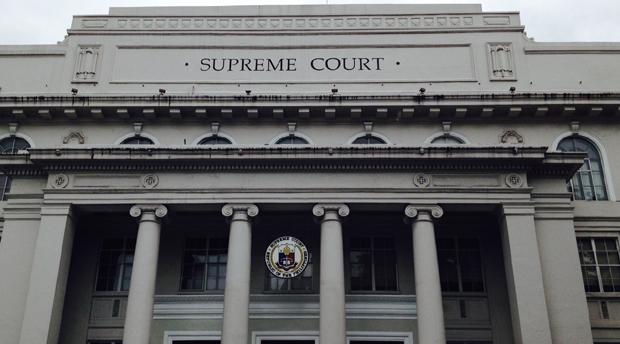While the Supreme Court has for the first time convicted fraternity members for violation Republic Act 8049 or the Anti-Hazing Law for the death of a UPLB student in 2006, it said the law is “far from perfect.”
In its 39-page ruling that convicted Alpha Phi Omega members Dandy L. Dungo and Gregorio A. Sibal Jr., the high court suggested amendments to the law to give it more teeth.
READ: For 1st time, frat men convicted of violating Anti-Hazing Law
The high court’s second division through Associate Justice Jose Catral Mendoza said is adequate to prosecute hazing,
The high court said there should be a penalty for non-compliance with Sections 2, 3 and 4 of the law.
Section 2 provides the written notice to the school that an initiation rite will be conducted. The letter shall indicate the period of the initiation activities which shall not exceed three (3) days, shall include the names of those to be subjected to such activities, and shall further contain an undertaking that no physical violence be employed by anybody during such initiation rites. The notice should be submitted to the school 7 days prior to the initiation rites.
On the other hand, Section 3 provides that the school must assign at least two representatives during the initiation rites to make sure that the neophyte will not be subjected to any physical harm while Section 4, penalties should also consider psychological harm to the victim.
“With these additional inputs on RA 8049, the movement against hazing can be invigorated,” the high court said.
READ: Hazing’s deeper wound
The high court also ordered that a copy of their ruling be given to the Department of Justice (DOJ) to be used as guide in properly handling Anti-Hazing Law cases.
The high court added that a copy should also be given to Senate President Franklin Drilon and House Speaker Feliciano Belmonte to handle the amendments they have proposed on the law. Tetch Torres Tupas/IDL
